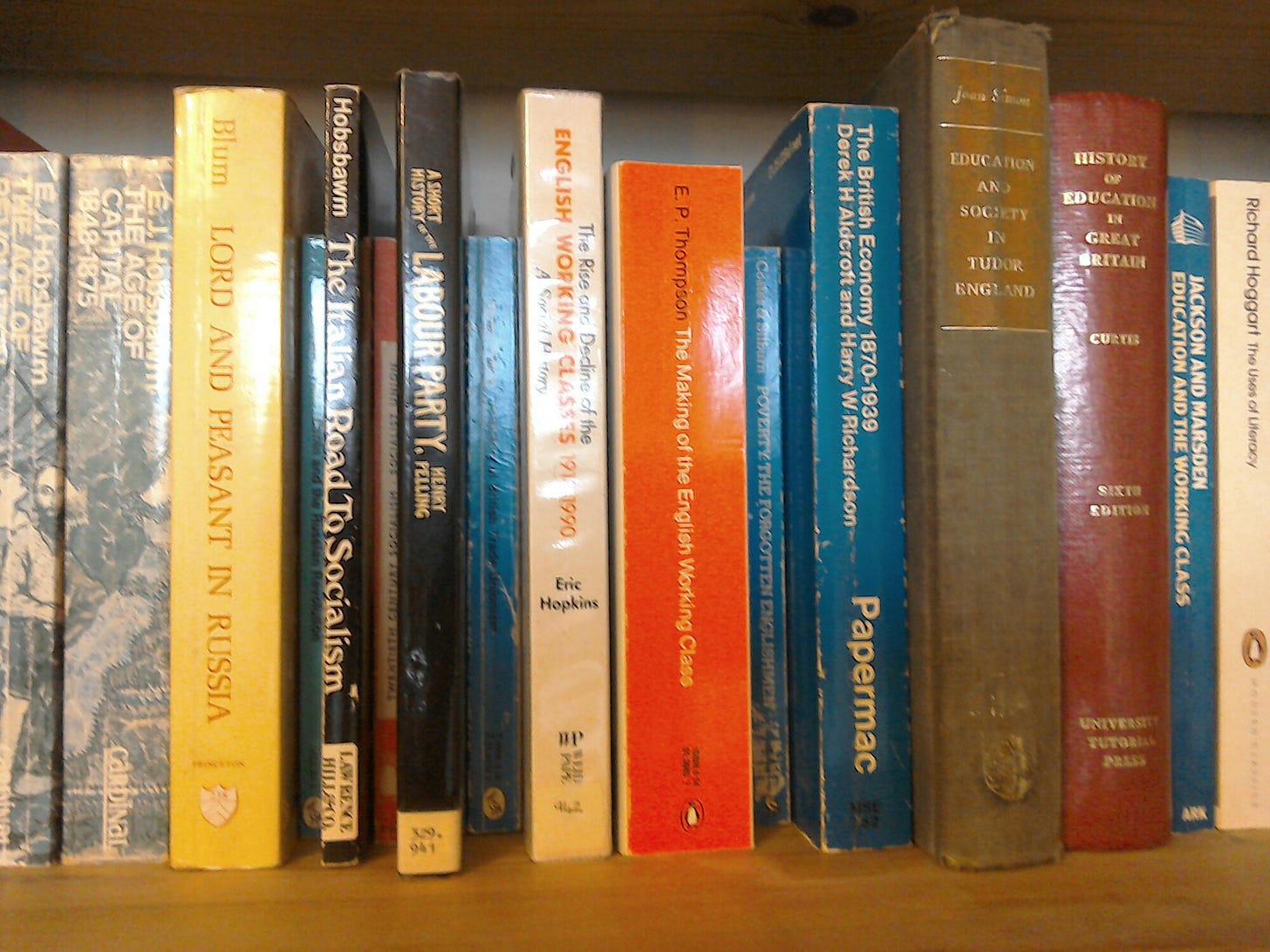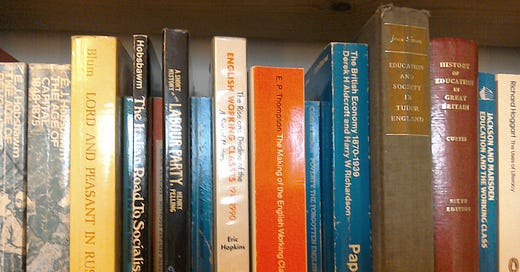It's not my gender that's the problem
It's not like I never get involved in women-only publications or events. I reviewed female-author books for women-only SF purveyors Luna Station Quarterly for a while, and I'm taking part in the York International Women's Festival in March. However, I do that in the spirit that I would enter a competition open only to residents of the UK, or a scheme for Bradford council-tax-payers: I fit the criteria, criteria are sometimes arbitrary. I don't do it because I think women are somehow special or a homogenous mass. 'Women' is too big a group for lumping together: the larger the group the greater the diversity within it, and the less use it is for any practical purpose.

Class (social background, social capital, and contacts) and/or wealth are much more important as enablers or hindrances to getting on than gender is, particularly in writing. Let's talk about competition entries first.
While it's true that there are many free to enter writing competitions out there, pretty much all of the big prestigious ones (and many of the smaller ones too) cost money. Before I continue, I should point out that I expect first-readers, judges, administrators and all the rest to be paid properly for their time, and I understand that there are overheads to be covered, as well as the prize money. It doesn't change the fact that it costs, for example, between £8 (flash fiction) and £10 (short story) to enter the Bridport Prize, £8 for the Bristol Short Story Prize, £10-£12 to enter the various Cinnamon Press competitions, £17.50 for the most recent Manchester Fiction Prize, or £25 for the Bath Novel Award.
In terms of special concessions to female authors, confidence is often cited. Women are not as likely to submit manuscripts to agents or publishers as men. Women are not as convinced of their greatness as men. I've met some pretty arrogant and overbearing women for whom this will not be a problem, and I also know plenty of shy, self-deprecating men. Social background comes into the confidence issue in a big way: if you've ever felt the slightest hint of 'not for the likes of us' you will feel it in the face of publishers and agents. Think your vocabulary might not be as vast as it 'should' be? Have an idea that everyone in publishing is a posh woman called Pippa who's never caught a bus in her life? Now bear that in mind as you prepare to fork out most of this month's disposable income in writing competition fees...
I was shocked recently to read a £3 reading fee described as less than the price of a coffee or sandwich. Now £3 is not a vast amount to me for a fee like this, though even the small amounts add up - it was the comparison I didn't like, as though it was perfectly trivial for everyone. I would not pay £3 for a sandwich or a cup of coffee (I have paid £3 for a really fancy hot chocolate, and felt guilty about it later). When OneMonkey and I go out for a meal it costs us £20-£25 in total, probably because we don't buy alcohol or a starter and are both vegetarian, but still that's the sort of thing you're up against. Do we pay for a treat we can both enjoy, or the entry fee to a writing competition I have little chance of winning? You'd have to be massively confident (or single-minded) to enter the writing competition if you didn't have much spare cash.
Then there are writing retreats, editorial and critiquing services, workshops and conferences, writing groups. Not all of these will charge a fee (and some have low income concessionary rates) but even travel costs to events can be prohibitive. I saw a 3-day conference advertised recently, the price seemed high but considering you were getting 3 days probably not too bad, it was just over an hour away by public transport (we don't have a car) but adding in the 3 days of travel costs nearly doubled the total price of attendance so I decided against it. Again, if you're lacking confidence, and perhaps don't know anyone else who writes or thinks writing is a worthwhile thing to do, you'll think twice about spending the money.
Books cost money (though the Guardian still thinks describing books around the £10 mark as stocking fillers is reasonable), libraries are closing down and don't always have the books that you need. Research resources that are a matter of paying to use the online database from the comfort of your own study for the better off, might be a stumbling block for others. Even carving out writing time is harder if you can't afford a babysitter or an after school club, or haven't got a spare room to shut yourself in with a notepad and pen.
I once went to a writing workshop where the tutor began by saying writing was (financially) accessible to everyone because all you needed was paper and a pen. Rubbish, I thought. As a hobby, maybe, but not if you want to be a writer. If you want to be a writer, you need to type up your work on a computer and in some cases still print it out and post it off as a hard copy. Unless you're exceptionally talented you need guidance and tuition (in person or via books) and preferably someone to read through your final drafts to give you an opinion, which might have to be an editorial service if you don't hang around with other writers much. You need the money to enter competitions or pay the increasingly common 'reading fees' for magazines (or buy a book from the indie publisher before you can submit your own manuscript - I get why they want to do that, but I'm not buying a book I've already read from the library just so I can send them my work and then probably not even be one of the ten people they publish next year). You need the confidence that you're not just throwing all this money away. This is not a women-only problem.



